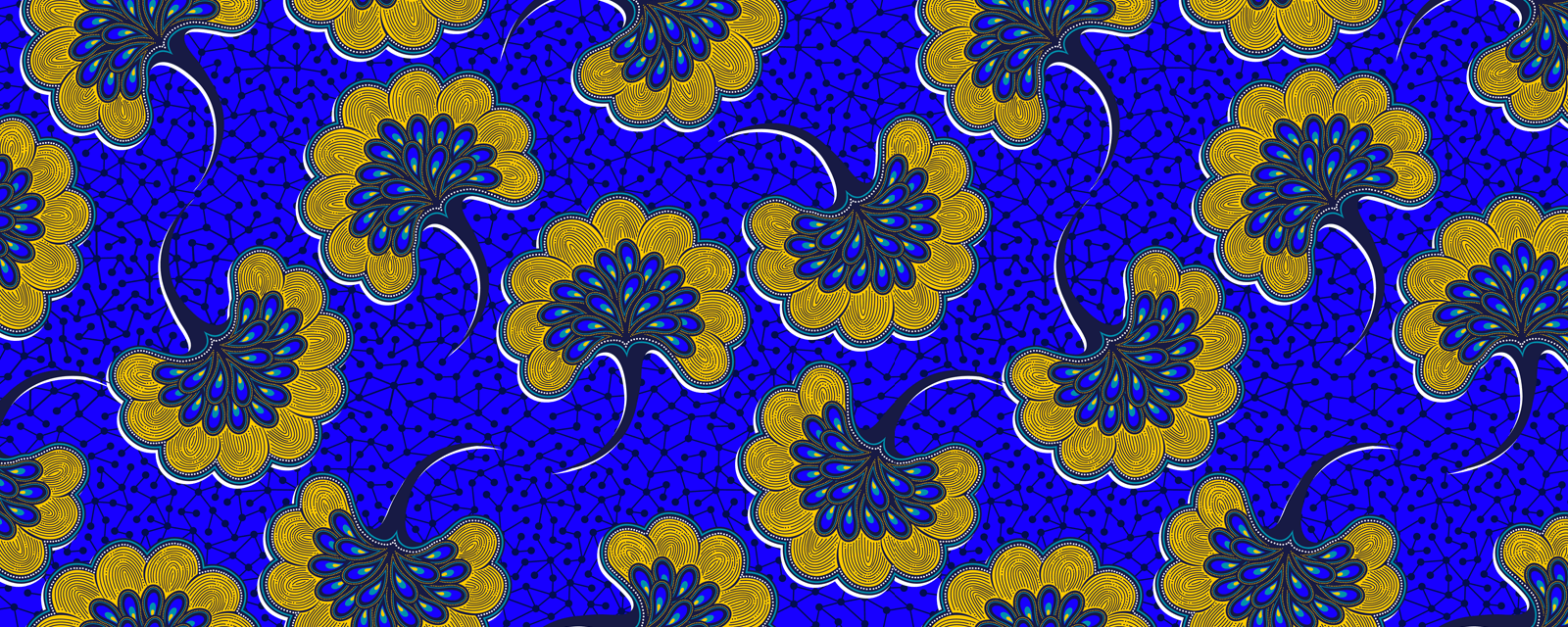A thrift-club, known in Yorùbá as Esusu, is a voluntary society which helps its members to raise money. Every member pays a fixed sum of money regularly at a fixed time (say every fifth or ninth day). One of the subscribing members will take the total amount subscribed for his personal use. The next subscription will be taken by another member, continuing in rotation until every member has taken.
As an early form of banking, it played a part in the rise of businesses owned by former slaves in the United States. This Ìjálá, or set of praises, is spoken by the chairmen to encourage and compliment the members.
All you persons of prestige here gathered together,
I greet the woodcock with its characteristic ‘mese’ cry.
I cannot help talking, Man-of-many-style,
the Gaboon viper attacks with its mouth. (1)
The belly’s mark on the ground
betrays the path taken by a snake along a farm-plot boundary. (2)
As all you members of the club are met here today,
Complete in number as the coins paid for tax by a citizen.
Death shall not cut your hearts across like the nodes of tuberous yams.
Numerous as you are, like brown ants,
Ògún shall not let death cut your hearts
across like the nodes of tuberous yams.
We shall for very long enjoy each other’s company.
Every fifth day, kolanuts are set out for sale on raffia trays. (3)
White star-apples naturally appear on the ground
in increasing numbers.(4)
We shall be coming here.
You we shall be seeing here.
Your place shall never be filled by a stranger.
The bottle-gourd warps its own fruit, (5)
not the fruit of another plant.
People who beat the drum of wickedness
desire that it should sound forth. (6)
God shall prevent its sounding forth.
If an elder beats the drum of wickedness and it sounds forth
Only his children will dance to the music.
He who scoops up water from a pool pulls down the fishes’ abode,
damages the fishes’ abode.
He who hoes up a weedy plot of land
damages the bush fowl’s abode.
With a short club or truncheon
we reduce mud walls’ broken pieces to powdery clay.
A house of his is being built on earth
And a house of his is being built in heaven.
He said ‘Let us with a sacrifice
break down the house in heaven
and rebuild the one on earth.’
Then the elders of heaven put their mighty heads together.
The result was: ‘Rats are beaten with rods,
birds are beaten with rods.
With a flat-faced mallet,
the earth is beaten flat.’
If any man is seeking your hurt, all you people here,
His skull shall become an oval-shaped drinking vessel.
Only once does the èbùré vegetable bear fruits
and then it perishes. (7)
And my mother, Osoronga, (8)
who kills people but gets nothing of their legacy,
Who attacks at night,
If she’s seeking your hurt, all you people here,
Her skull shall become an oval-shaped drinking-vessel.
Only once does the èbùré vegetable bear fruits
and then it perishes.
Now I say, ‘All to no purpose is the rumbling among the tree-top coconuts.
All to no purpose is the rumbling among the elephant-grass bushes.
All to no purpose, all to no purpose is the mound-making done by swarming brown ants.
The two hundred flies that have clung to a horse’s tail the horse smashes to death with his tail.’
This was the pronouncement of the Ifa oracle to Arilegbe of heaven,
We who pushed over walls of ruins to defeat his enemies.
I have pushed over the walls of ruins to defeat Orotimi,
all you my colleagues have gathered together.
Likewise, every one of you should push over walls of ruins to defeat your enemy.
This is my conclusion, you inmates here.
Let none of you complain of not knowing how I finished my chant,
I the rascally child, a die-hard like a civet-cat, (9)
a person associated with the buffalo
Which carries an òrişà’s emblem on its head. (10)
from The Content and Form of Yorùbá ljala (1966)
S.A. Babalola
Footnotes
- The Gaboon viper: Bitis gabonica, the largest of the vipers with the longest fangs and the highest venom yield of any venomous snake. The speaker is, of course, boasting about his eloquence.
- Again boasting. His words leave an ominous mark.
- Kolanuts: Fruit of the kola tree, a symbol of abundant hospitality.
- White star-apples: Chrysophyllum albidum, a forest fruit tree found throughout tropical Africa.
- The bottle-gourd: The calabash, whose fruit takes many strange shapes.
- The following 20 lines contain a series of semi-proverbial statements about harm, sometimes deliberate, sometimes incidental (caused to the fish & the bush fowl), but averted by a combination of action by the gods and by human solidarity such as shown by the thrift-club.
- The èbùré vegetable: Crassocephalum rubens is an erect annual herb growing up to 80 cm tall. It is grown and consumed especially in Southwestern Nigeria, but also as far away as Yemen, South Africa, and islands of the Indian Ocean. Its mucilaginous leaves are used as a dry or fresh vegetable in a variety of dishes, and as medicine for several different ailments.
- Iyami Osoronga, meaning ‘my mother the sorceress’, the embodiment of female power in Yorùbá society.
- The civet is a cat-like mammal, a survivor, hard to hunt down.
- A god’s emblem, òrişà being the pantheon of Yorùbá gods.

